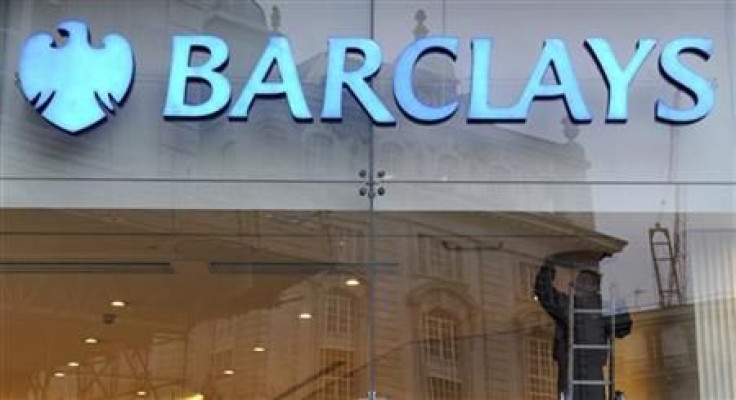Did Barclays Pay The Son Of Saudi King Abdullah Bribes For Market Access?

The U.S. Department of Justice is looking into the relationship between London-based Barclays PLC (LON:BARC) and a prominent son of Saudi King Abdullah to see if the bank violated the U.S. Foreign Corrupt Practices Act that forbids bribes or gifts in kind in return for lucrative business.
While Barclays is a non-U.S. bank, the law allows U.S. authorities to go after company officials in the U.S. or foreign company assets based in the U.S. if it determines a company used corrupt practices in a third country to gain business.
A Justice Department representative confirmed to CNN in a report Sunday that the bank had been informed of the investigation in October.
The inquiry is centered around two incidents that occurred in 2002 and 2009 involving Barclays, one of the world’s top 10 banks, and Turki bin Abdullah Al Saud, the 41-year-old son of the king who was recently named Riyadh deputy governor, one of the highest steps in the kingdom’s government ladder typically reserved for up-and-coming princes in line for the throne.
Bin Abdullah is also a shareholder in Al-Obayya Corp., a conglomerate based in Khobar city that is involved in numerous sectors and forms partnerships with foreign companies seeking to expand into the complicated and opaque Saudi market.
The U.S. is investigating if Barclays paid Bin Abdullah or Al Obayya a fixer’s fee in 2002 related to the bank’s attempt to recover what it said was a government-backed $900 million loan to an unnamed borrower to build military compounds that would be leased to the Saudi Defense Ministry.
In a statement to the Financial Times, Barclays said the bank had appointed Bin Abdullah, "acting through his corporate entity, Al Obayya, to advise it on strategic issues in the Kingdom of Saudi Arabia, as well as on its CMA license application.” CMA refers to the Saudi Capital Market Authority.
The U.S. Justice Department is also looking into whether Bin Abdullah was paid to expedite the 2009 issuing of a Saudi banking license to Barclays.
The bank says it has no knowledge of any of its cash flowing to the CMA in return for the license to buy and sell securities in the kingdom, and that it is cooperating in the investigation. No comments on the investigation have come out of Bin Abdullah’s office or from Al Obayya officials.
The corrupt practices investigation echoes a similar case involving the Saudi government and the British aerospace company BAE Systems PLC (LON:BA), which had been the subject of a years-long dispute between the U.S. and the U.K. The British government doesn’t consider companies that buy lucrative contracts in foreign countries to be illegal. The U.S. authorities fined BAE $400 million in 2010 after briefly detaining one of its officials when he entered the U.S. through Houston.
The issue of so-called “Black Money” -- when companies pay officials in foreign countries for lucrative contracts -- was the subject of a thorough investigation into the phenomenon by PBS Frontline. Watch it here to learn more about the subject.
© Copyright IBTimes 2024. All rights reserved.












